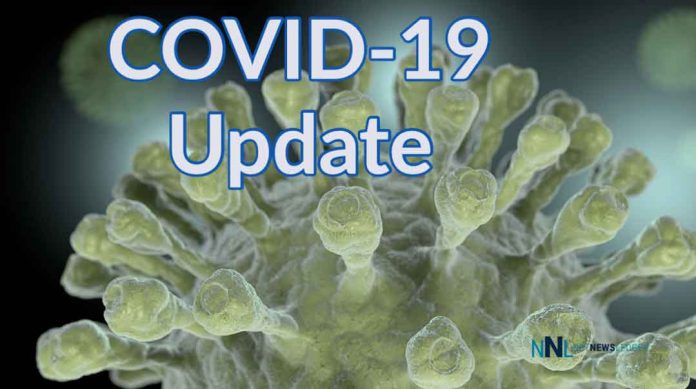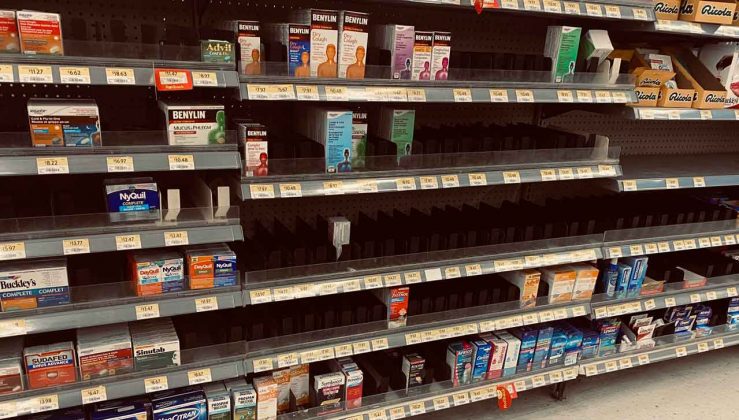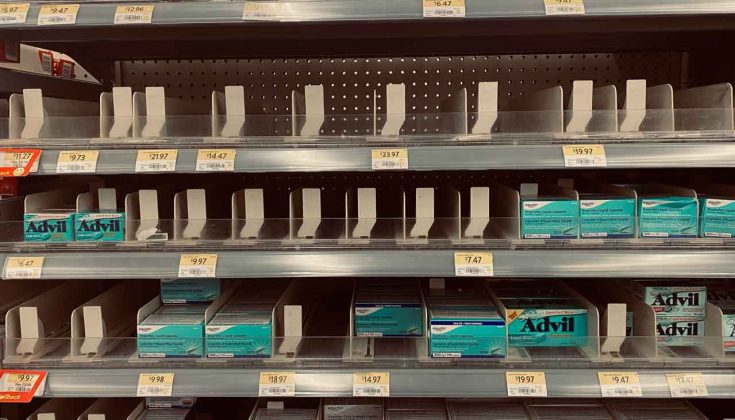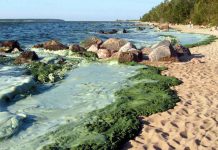What is a Lab-Confirmed Case? How are COVID-19 Tests Reported?
THUNDER BAY – COVID-19 Update – The Thunder Bay District Health Unit is reporting 137 new lab-confirmed cases of COVID-19 this morning. There are now 257 active lab-confirmed cases of the virus in the city.
There are thirty patients hospitalized and three of those patients are in the Intensive Care Unit.
Over recent weeks as reports of the 6th Wave of COVID-19 have continued, the case numbers of confirmed cases has gone up.
Ontario extended mask mandates which were still in effect on Friday.
However the reality is those reports of lab-confirmed cases are not an all inclusive number because of the numbers of people in the district being tested.
There are numbers of people reporting that they have tested positive on the home rapid tests.
There are obvious shortages of cold remedies and cough syrups in local shops.
NetNewsLedger contacted the TBDHU on what the reported lab-confirmed cases mean:
How COVID-19 Positive Tests are Reported
What do lab-confirmed PCR Test Results Mean? The Thunder Bay District Health Unit is reporting COVID-19 lab-confirmed test results every Monday, Wednesday and Friday.
Some are watching those numbers and feeling that the COVID-19 pandemic is over. What the numbers being reported are by the Health Unit are the test results of PCR tests.
They do not include the home rapid test results.
So what does that really mean as Ontario, and Thunder Bay District move through the Sixth Wave of COVID-19?
Polymerase chain reaction (PCR) testing
To ensure that resources are available to focus on the highest-risk settings, protecting our most vulnerable Ontarians and helping to keep critical infrastructure services running, publicly funded PCR or rapid molecular testing is available to individuals that meet at least one of the criteria below.
You are eligible for PCR testing if you have at least one COVID-19 symptom and you are any of the following :
- a patient-facing health care worker
- a patient in an emergency department, at the discretion of the treating clinician
- a staff member, volunteer, resident, inpatient, essential care provider, or visitor in a highest risk setting
- a home and community care worker
- a student or staff at a Provincial Demonstration School or a hospital school
- are at higher-risk for severe COVID-19 and would be eligible for COVID-19 antiviral treatment or other outpatient treatment (treatment outside hospital) following an assessment and positive test
- someone who lives with a patient-facing health care worker and/or a worker in the highest risk settings
- an outpatient who requires a diagnostic test for clinical management
- a temporary foreign worker living in a congregate setting
- underhoused or experiencing homelessness
- pregnant
- a first responder, including firefighters, police and paramedics
- an elementary or secondary student or education staff who has received a PCR self-collection kit, if available through your school
- directed by your local public health unit
Whether you have symptoms or not, you are eligible for PCR or rapid point-of-care molecular testing if you:
- are from a First Nation, Inuit, or Métis community or self-identify as First Nation, Inuit or Métis or live with someone who does
- are travelling into First Nation, Inuit or Métis communities for work
- are being admitted or transferred to or from a hospital or congregate living setting
- are a close contact in a confirmed or suspected outbreak in a highest risk setting, or other settings as directed by the local public health unit
- are scheduled for a surgical procedure requiring general anesthetic in the next 24-48 hours
- have written prior approval for out-of-country medical services from the General Manager of OHIP or are a caregiver for someone who does
- are in a hospital, long-term care, retirement home or other congregate living setting, as directed by public health units, provincial guidance or other directives









